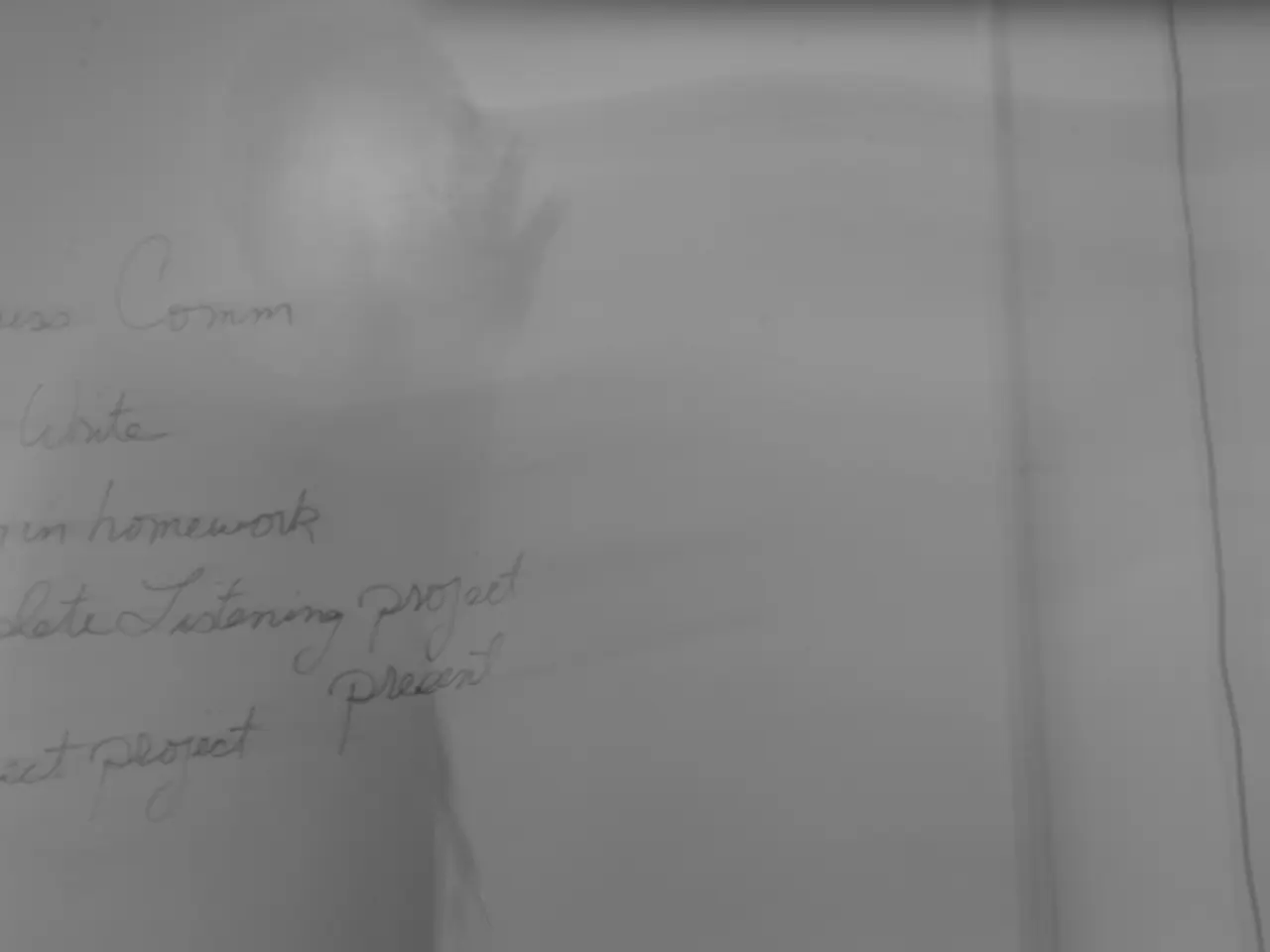Lawyers' Disillusionment with the Integrity of Legal Systems
In an era reminiscent of historical tensions, the Trump administration's approach to the judiciary has been a subject of intense scrutiny. Federal judges are standing firm in the face of intimidation campaigns, a stark contrast to the actions of some past administrations.
A public defender, during their career, was faced with an undeniable truth: the principles and caselaw they were trained to accept might evaporate in the face of raw power. The Trump administration is known to have refused to comply with approximately one-third of judicial rulings against it, demonstrating a pattern of defiance and noncompliance with court orders in various legal cases, including immigration and funding issues.
This defiance has been manifested in administrative actions that ignore or flout court orders, as well as through litigation delays and a lack of immediate contempt enforcement. One such instance was the administration's refusal to halt deportations to El Salvador, provoking a judge to find probable cause for criminal contempt. However, the judiciary's slow enforcement mechanisms often allowed the administration to avoid immediate penalties.
This modern-day standoff between the judiciary and the executive branch echoes the response of President Andrew Jackson to the 1832 Supreme Court ruling in Worcester v. Georgia. Jackson refused to enforce the Supreme Court ruling, effectively ignoring a key constitutional check and allowing state actions that led to the forced removal of Native Americans, known as the Trail of Tears. This represented a direct executive rejection of the Supreme Court’s authority and constitutional balance.
Comparing the two cases, it's clear that while the Trump administration's response is marked by repeated but often legally circumscribed and delayed defiance within the modern framework of U.S. law, Jackson's response was an early and stark example of a president openly defying a Supreme Court decision, with profound historical consequences.
Meanwhile, the legal community, including lawyers and judges, is experiencing a loss of faith in the rule of law due to the actions of the Trump administration. Cases such as that of Mr. R, an undocumented individual accused of Driving Under the Influence who couldn't afford bail, serve as examples of the chaos and unpredictability of American criminal justice. Despite evidence showing Mr. R wasn't a flight risk, the prosecutor contacted ICE to request an investigation for an immigration violation, leading to a detainer being placed on Mr. R, meaning he wouldn't be released from jail and would be deported when his case was over.
University counsels are beginning to realise they have a common cause and are starting to stand together against the administration's actions. The rule of law, according to Gabriel Urza, author of "The Silver State", requires belief and action, even in the face of raw power. Urza refers to this situation as the "Tinkerbell" moment in the American legal system, implying that its existence requires belief.
White shoe law firms, such as Paul, Weiss, Rifkind, Wharton & Garrison and Skadden, Arps, Slate, Meagher & Flom, are facing criticism for their perceived cowardice when faced with the strongarm tactics of the Trump administration. Some argue that they should be more vocal in their defence of the rule of law.
In contrast, the actions of El Salvador's president Nayib Bukele, who responded with a post saying "Oopsie. Too late." after a federal judge ordered the Trump administration to stop the mass deportation of supposed gang members to an El Salvadoran prison without due process, show a different approach to the administration's actions.
As the Trump administration's term comes to a close, the impact of its actions on the rule of law and the separation of powers in the United States remains a topic of ongoing debate and concern.
References: [1] Balkin, J. M. (2020). We the People, Vol. 35, No. 6, pp. 1261-1283. [2] Goldstein, H. (2020). The New York Times. [3] Savage, C. J. (2020). The New York Times.
- The ongoing tensions between the Trump administration and the judiciary, with its disregard for court orders and policy-and-legislation that challenge its actions, has sparked intense discussions about the rule-of-law in general-news, not only in the legal community but also among the public.
- The refusal of the Trump administration to comply with court orders, observed in various legal cases such as immigration and funding issues, has significantly impacted war-and-conflicts and crime-and-justice, creating a sense of instability in both domains.






